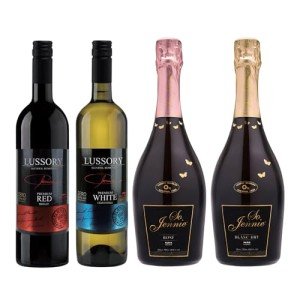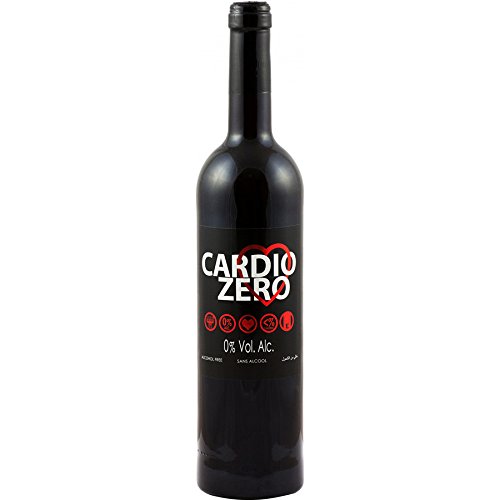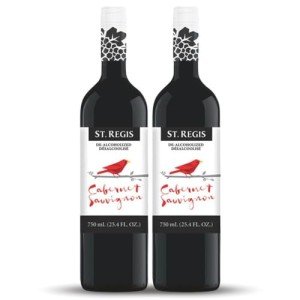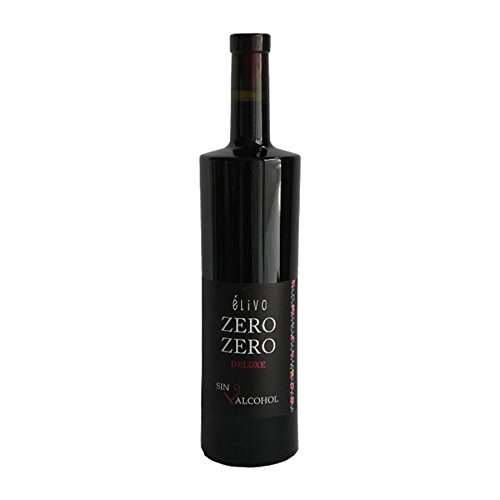With the increasing demand for halal products, the market for halal wine is experiencing significant growth. Halal wine, which is produced without any alcohol content, caters to the needs of Muslim consumers who wish to adhere to Islamic dietary laws. This growing trend is particularly popular in regions with large Muslim populations, such as the Middle East, Asia, and North Africa.
Halal wine is typically made using fruits such as grapes, apples, or berries, and undergoes a fermentation process that does not involve alcohol. Instead, the fruits are fermented into a non-alcoholic beverage that still retains the flavors and characteristics of traditional wine. This allows Muslims to enjoy a drink that is both halal and flavorful, without compromising their beliefs.
As more companies recognize the demand for halal wine, a variety of options are becoming available in the market. From sparkling grape juice to non-alcoholic rosé, there are now a plethora of choices for Muslims looking to partake in the social aspect of drinking wine without consuming alcohol. This trend is expected to continue growing as more consumers seek out halal alternatives in various industries, including the beverage sector.
What Is Halal Wine
While "halal wine" may seem like an oxymoron, the growing market offers exciting alternatives for those seeking a wine-like experience without the alcohol. These beverages are produced using various methods, including dealcoholization, which removes alcohol from fermented grapes, or by crafting unique blends of grape juice, natural flavors, and sometimes even sparkling water. The result? Delicious, non-alcoholic drinks that capture the essence of wine, minus the intoxicating effects.
How Halal Wine is Made
Halal Certified Non Alcoholic Wine - Red/White Sampler
A delectable selection of red and white non alcoholic wines, certified Halal for a guilt-free indulgence
Product information
€84.28
Product Review Score
4.12 out of 5 stars
60 reviewsProduct links
Halal wine is making its mark in the world of alcoholic beverages, offering a unique twist on traditional wines that cater to Muslim consumers. But how exactly is halal wine made? The process begins with selecting the grapes, which must be grown in accordance with Islamic dietary laws. This means ensuring that no forbidden substances, such as alcohol or animal products, come into contact with the vines.
Once the grapes are harvested, they are crushed and fermented just like any other wine. However, to make the wine halal, the alcohol content must be removed before bottling. This is typically done through a process called reverse osmosis, which separates the alcohol from the rest of the liquid. The result is a wine that is free from alcohol but still retains its unique flavors and aromas.
After the alcohol removal process is complete, the halal wine is filtered and bottled for sale. It is important for producers to adhere to strict quality control measures to ensure that the wine remains halal throughout the production process. By following these guidelines, halal wine producers can create a product that meets the dietary needs of Muslim consumers while still offering a high-quality beverage option for all wine enthusiasts.
Popular Halal Wine Varieties
Halal wine has been gaining popularity in recent years, allowing Muslim consumers to enjoy a glass of wine while adhering to their religious beliefs. Several popular varieties of halal wine cater to different tastes and preferences.
One popular halal wine variety is the Cabernet Sauvignon, known for its bold and rich flavors. This red wine is often aged in oak barrels, giving it a smooth finish with hints of blackcurrant, tobacco, and spices. Cabernet Sauvignon pairs well with red meats and hearty dishes, making it a versatile option for many occasions.
For those who prefer a lighter option, the Sauvignon Blanc is a popular choice. This white wine is known for its crisp and refreshing taste, with notes of citrus, green apple, and herbs. Sauvignon Blanc pairs well with seafood, salads, and lighter fare, making it a great choice for warm weather gatherings.
If you're looking for a robust and full-bodied option, the Merlot is a popular halal wine variety to consider. This red wine is known for its smooth tannins and flavors of ripe berries, plum, and chocolate. Merlot pairs well with grilled meats, pasta dishes, and hearty stews, making it a great choice for cozy evenings at home.
Benefits of Enjoying Halal Wine Alternatives:
Choosing halal wine alternatives offers a wealth of benefits beyond simply adhering to religious guidelines. Here are some key advantages:
- Improved Health: Avoiding alcohol can lead to better sleep, weight management, and reduced risk of chronic diseases.
- Social Inclusion: These beverages allow everyone to participate in social gatherings and celebrations without compromising their beliefs.
- Greater Flavor Exploration: The variety of halal wine alternatives offers an exciting world of flavors to explore, catering to different palates.
Types of Halal Wine Alternatives:
The world of halal wine alternatives is diverse and offers something for every taste. Here are some popular categories:
- Dealcoholized Wines: These beverages undergo a process that removes most, if not all, of the alcohol content from fermented grapes. They often retain the characteristics of their alcoholic counterparts, including body, aroma, and flavor profiles.
- Grape Juice Blends: These non-alcoholic options combine premium grape juices with natural flavors and sometimes even spices to create a complex and sophisticated taste experience. They can be enjoyed still or sparkling, offering a refreshing alternative.
- Sparkling Non-alcoholic Drinks: For those who enjoy the celebratory feel of bubbles, there are delicious halal sparkling beverages available. These drinks are often made with carbonated water, grape juice, and natural flavors, creating a festive and refreshing option.
Halal Wine: Perfect Pairings and Serving Tips
Halal Certified Non Alcoholic Wine Sampler - 6 Bottles
Discover the finest selection of Halal Certified non alcoholic wines with this sampler pack of 6 bottles
Product information
€84.28
Product Review Score
4.4 out of 5 stars
167 reviewsProduct links
Halal wine offers a delicious and permissible option for Muslims to enjoy during special occasions or everyday meals. When it comes to pairing halal wine with food, there are plenty of options to choose from to enhance the flavors of your meal. For white wine, consider pairing it with seafood dishes, salads, or light appetizers for a refreshing and balanced taste. Red wine can be paired with hearty dishes such as grilled meats, pasta, or cheese to complement the bold flavors.
When serving halal wine, it's important to consider the temperature at which you serve it. White wine is best served chilled, while red wine is typically served at room temperature. Make sure to pour the wine into appropriate glasses, such as stemware for white wine and wider bowls for red wine, to fully experience the aromas and flavors. Allow the wine to breathe by swirling it in the glass before taking a sip to fully appreciate its complexity.
Remember to drink halal wine responsibly and in moderation to fully enjoy the experience. Whether you're hosting a dinner party or simply enjoying a quiet evening at home, halal wine can be a great addition to your meal. Experiment with different pairings and serving tips to find your perfect combination and elevate your dining experience in a halal-friendly way. Cheers!




